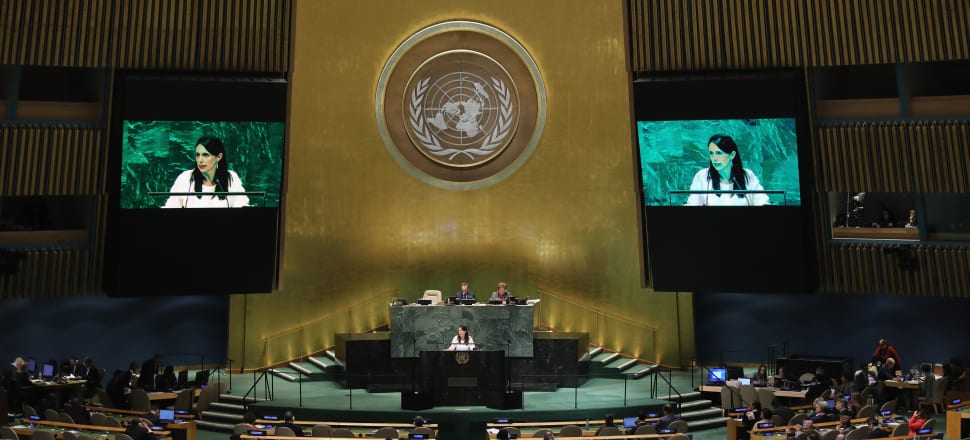International Scholars Warning on Societal Disruption and Collapse
A public letter signed by over 250 scientists and scholars from 30 countries, calls on policy makers to engage more with the growing risk of societal disruption and collapse due to damage to the climate and environment.
The letter invites focus on how to slow, prepare for, and help those already suffering from, such disruptions. The signatories are specialists in a range of subject areas that relate to this challenge, who commonly believe it is time to listen to all the scholarship on humanity’s predicament.
Subject: Only if we discuss collapse might we prepare
As scientists and scholars from around the world, we call on policymakers to engage openly with the risk of disruption and even collapse of our societies. After five years of failing to reduce carbon emissions in line with the Paris Climate Accord (1), we must now face the consequences.
While bold and fair efforts to cut emissions and naturally drawdown carbon are essential, researchers in many areas now consider societal collapse to be a credible scenario this century (2a & 2c). A range of views exist on the location, extent, timing, permanence and cause of such disruptions; but the way modern societies exploit people and nature is a common concern (3a & 3b).
Only if policymakers begin to discuss this threat of societal collapse might communities and nations begin to prepare and so reduce its likelihood, speed, severity, harm to the most vulnerable, and to nature.
Some armed services already see collapse as an important scenario, requiring planning (4a and 4b). Surveys show many people now anticipate societal collapse (5). Sadly that is already the experience or memory of many communities in the Global South (6). However, the topic is not well reported in the media, and mostly absent from civil society and politics.
When potential collapse is covered by the media, it typically cites people who condemn discussion of the topic. Ill-informed speculations, such as on foreign misinformation campaigns, or impacts on mental health and motivation, will not support serious discussion (7). Rather, such claims risk betraying the thousands of activists and community leaders whose anticipation of collapse is part of their motivation to push for change on climate, ecology, and social justice.
People who care about environmental and humanitarian issues should not be discouraged from discussing the risks of societal disruption or collapse. That could risk agendas being driven by people with less commitment to such values.
Some of us believe that a transition to a new form of society may be possible. That will involve bold action to reduce damage to the climate, nature and other people, including preparations for major disruptions to everyday life. We are united in regarding efforts to suppress discussion of collapse as hindering the possibility of that transition.
We have experienced how emotionally challenging it is to recognise the damage being done, along with the growing threat to our own way of life. We also know the great sense of fellowship that can arise (8). It is time to invite each other into difficult conversations, so we can reduce our complicity in the harm, and be creative to make the best of a turbulent future (9).
I attended the Hillary Institutes announcement of their latest Laureate and Helen Clark introduced this amazing person. She noted that New Zealand has not been invited to the latest gathering on Global Warming, because we haven’t done enough to earn a place at the gathering. This was reported in Newsroom this week as this:
Members of the international community are becoming increasingly concerned about New Zealand’s lack of action to reduce emissions, Newsroom understands.
Some of New Zealand’s allies who are most dedicated to fighting climate change have privately expressed doubts about our dedication to the cause. They also express bewilderment about an apparent gap between the Government’s rhetoric on climate and its policies.
The news comes as New Zealand faces exclusion from a summit led by the UN, UK, France, and Chile bringing together high-profile, high-ambition global leaders on climate change over concerns that we are not doing enough to reduce emissions.
Much of the concern about New Zealand’s commitment to fighting climate change can be found in two facts: Our emissions have continued to rise when other countries’ have fallen and we have yet to update our emissions reduction target under the Paris Agreement.
Of the 43 Annex I countries – industrialised nations which have benefited the most from greenhouse gas emissions and therefore have the greatest obligation to reduce emissions – just 12 have seen net emissions increase since 1990. New Zealand is one of those.
Here’s the article: Overseas Doubts Grow About NZ’s Climate Commitment | Newsroom

Leave a Reply